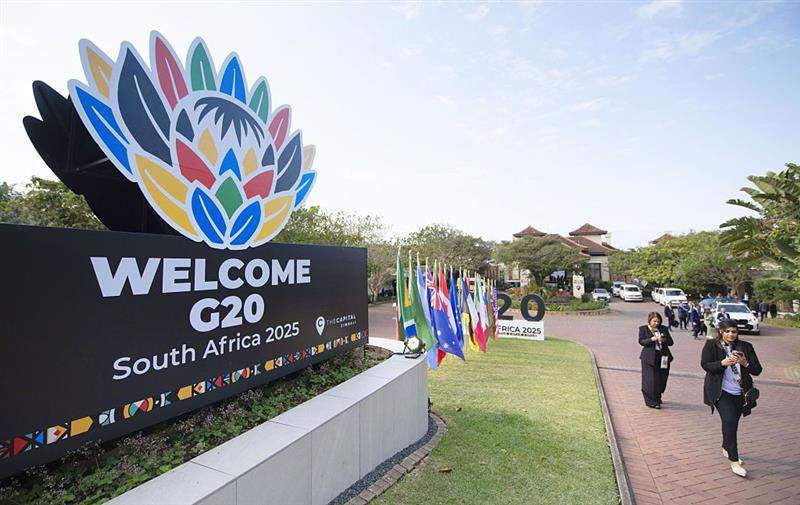DHQ Dismisses Coup Rumour, Reaffirms Loyalty to President Tinubu
- pideh2
- Oct 18, 2025
- 2 min read

Abuja — October 18, 2025. Nigeria’s Defence Headquarters (DHQ) has dismissed as false and malicious an online report claiming that the cancellation of activities marking the country’s 65th Independence Anniversary was linked to an alleged coup attempt. The DHQ said the speculation was intended to sow distrust and tension among citizens. Vanguard News+1
In its statement, the military explained that the decision to shelve this year’s parade was taken to enable President Bola Ahmed Tinubu attend a strategic bilateral engagement abroad and to allow the Armed Forces sustain ongoing operations against terrorism, insurgency, and banditry. Businessday NG+1
The DHQ also clarified reports about detained personnel, noting that sixteen officers are currently under investigation in a routine internal process to uphold discipline and professionalism—not for any coup plot. It added that an investigative panel has been constituted and its findings will be made public upon conclusion. The Nation Newspaper+1
Reaffirming its position, the military stressed its unwavering loyalty to the Constitution and to President Tinubu, urging Nigerians to disregard misinformation and continue supporting security agencies working to safeguard democracy and national stability. Western Post
Follow official updates: @DHQNigeria, @PoliceNG, @NigeriaAirforce.
Context: Nigeria’s Coup History (Successful & Unsuccessful)
Below is a concise, documented rundown of major coups and coup attempts since independence—useful context for why rumours attract attention and why the military’s public reassurances matter.
Successful coups
Jan. 15–16, 1966 — First coup ends the First Republic; Maj. Gen. Johnson Aguiyi-Ironsi takes power. Encyclopedia Britannica
July 29–Aug. 1, 1966 (Counter-coup) — Ironsi is killed; Yakubu Gowon becomes Head of State. Encyclopedia Britannica
July 29, 1975 — Murtala Ramat Mohammed replaces Gowon in a (largely bloodless) coup. Encyclopedia Britannica
Dec. 31, 1983 — Civilian President Shehu Shagari overthrown; Maj. Gen. Muhammadu Buhari assumes power. Encyclopedia Britannica
Aug. 27, 1985 — Ibrahim Babangida ousts Buhari in a palace coup. Encyclopedia Britannica
Nov. 17, 1993 — Sani Abacha removes Interim President Ernest Shonekan (bloodless). Encyclopedia Britannica
Unsuccessful/foiled attempts & alleged plots
Feb. 13, 1976 — Lt. Col. Buka Suka Dimka leads a coup that assassinated Head of State Murtala Mohammed; plot fails and Olusegun Obasanjo becomes Head of State. Wikipedia
Apr. 22, 1990 — Gideon Orkar-led attempt to overthrow Babangida—foiled; casualties reported and mass trials followed. Wikipedia+1
1995 (alleged plot) — Dozens, including Olusegun Obasanjo and Shehu Musa Yar’Adua, convicted by a military tribunal; rights groups and later commentary questioned the case. Department of Justice+1
Dec. 1997 (alleged plot) — Regime announces a foiled coup involving Lt. Gen. Oladipo Diya and others; widely viewed as a purge by critics. Wikipedia
Takeaway: Nigeria’s last successful military takeover was in 1993; since the return to democracy in 1999, rumoured plots have been unsuccessful or disputed, aligning with DHQ’s message that the Armed Forces remain loyal to constitutional order. Wikipedia








Comments